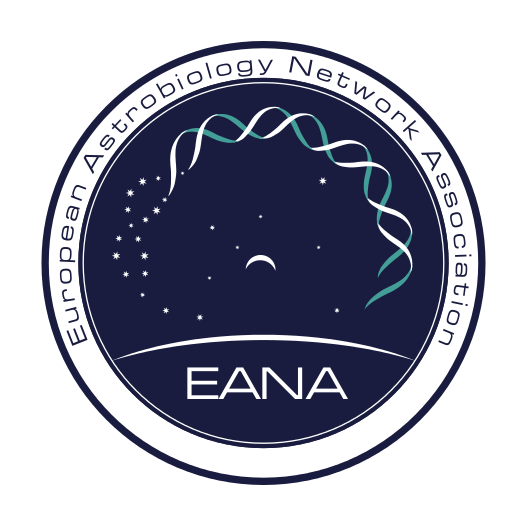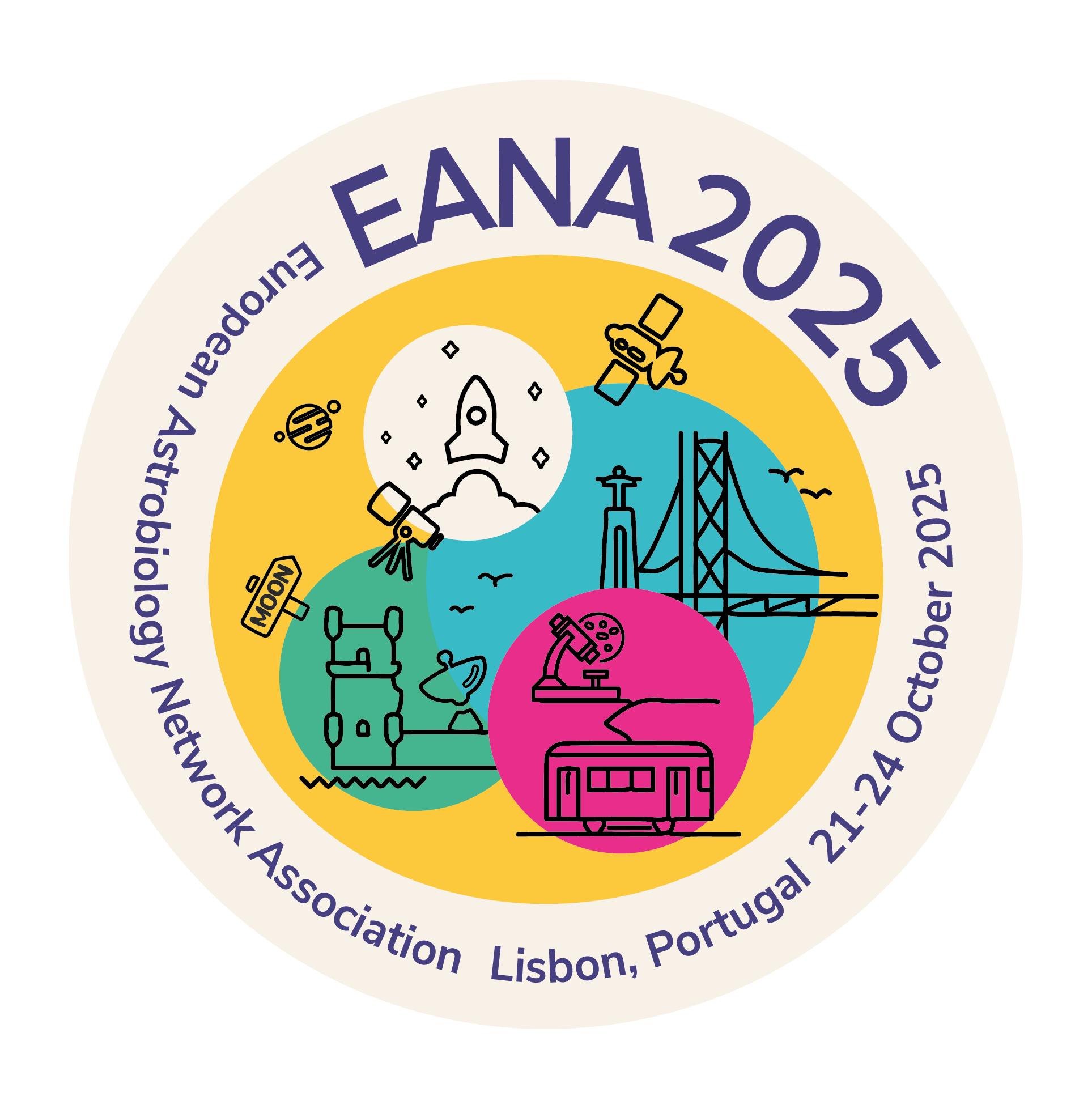 |
Abstract EANA2025-81 |

|
Exploring microbial diversity in the Alalobad Hydrothermal System (Northern Tendaho Rift, Afar, Ethiopia): a multi-method approach to biosignature detection in planetary analogues
Understanding microbial life in extreme environments is fundamental to astrobiology and planetary exploration. Hydrothermal systems serve as natural laboratories to study how life adapts to extreme conditions, the early stages of biomineralization, and the preservation of biosignatures.
This study addresses a critical gap in microbiological data from the Alalobad site, an active geothermal field located within the Tendaho Rift of the Afar Depression in Ethiopia. Notably, the site hosts high-temperature pools (up to 99 °C), alkaline pH conditions, and extensive silica- and carbonate-rich sinter terraces.
Rock samples and microbial mats were collected from different pools within the geothermal field using sterile swabs (SRK FLOQSwabs®, Copan, Italy). The swab eluates were plated onto different growth media and incubated at a range of temperatures to optimize cultivation conditions for extremophiles. The resulting isolates were identified using MALDI Biotyper® System (Bruker Daltonik GmbH, Bremen, Germany), a matrix-assisted laser desorption/ionization time-of-flight mass spectrometry (MALDI-TOF MS) platform, enabling rapid identification of culturable strains.
The percentage of isolates identified/site was calculated to evaluate the discriminatory power of MALDI Biotyper® for environmental isolates, revealing the presence of both well-characterized taxa and a substantial fraction of putatively novel or underrepresented organisms in existing reference databases. To complement culture-dependent analyses, shotgun metagenomic sequencing was performed on a selected subset of samples, enabling comprehensive profiling of the taxonomic and functional diversity within the uncultivable microbial fraction.
To assess how microbial diversity was influenced by both environmental and experimental factors, we compared species composition across hydrothermal pools with distinct physicochemical profiles and under different cultivation settings (media and temperatures).
This study presents the first microbiological characterization of the Alalobad geothermal site, using a new sampling approach, and reinforcing the utility of MALDI Biotyper® as a high-throughput tool for rapid microbial identification in extremophile cultivation workflows. The results underscore the need to expand the spectral reference database of the instrument to encompass the unidentified or low identification level obtained of environmental taxa, including potentially novel lineages relevant to life detection strategies. Overall, this approach and results will contribute to the development of biosignature-oriented research in planetary analogue environments.
This study was carried out within the Space It Up project funded by the Italian Space Agency, ASI, and the Ministry of University and Research, MUR, under contract n. 2024-5-E.0 - CUP n. I53D24000060005.
